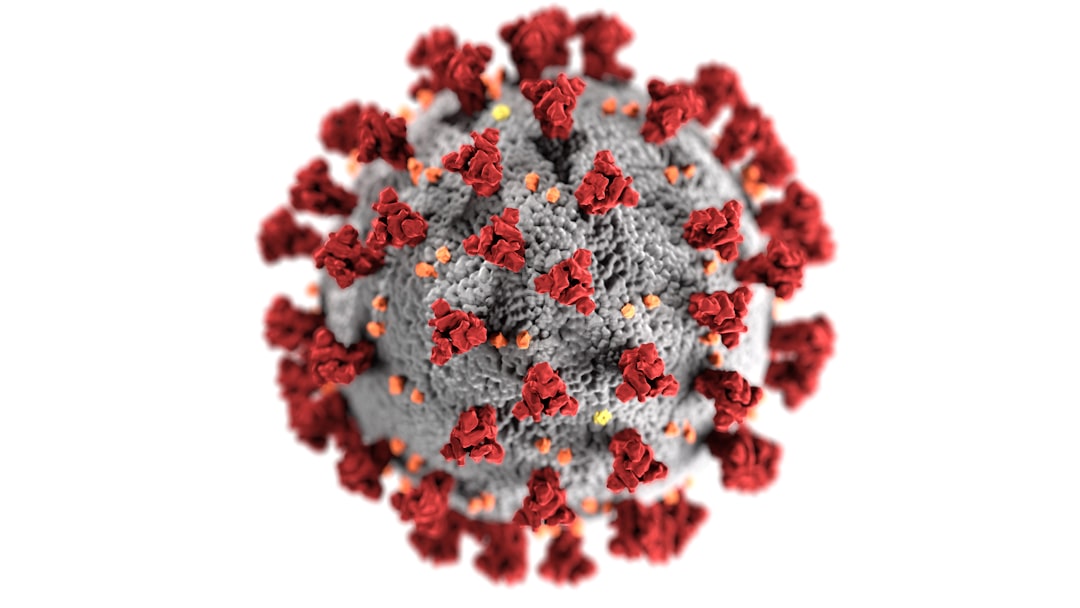What is it about?
Autoantibodies of children and young adults with autoimmune hepatitis (AIH) are easy to measure in serum using commercially available test methods of high sensitivity and specificity; mainly immune fluorescence reactions on stomach, liver and kidney tissues (IF), enzyme linked immunoassay (ELISA) and immunoblot (IB). In this study, ten Polish children all IF positive for the liver kidney microsome 1 (LKM-1), a highly specific marker of type 2 AIH at the initial early stage diagnosis, accepted our invitations for follow up visits at the Warsaw Gastroenterology Clinic after several years of their pediatric therapy- steroid and immune suppressive drugs. We found loss of LKM-1 positivity among four (40%) of the young adults. Curiously these four LKM-1 negative patients show worse liver function, indicated by elevated liver enzymes, with grade and stage of liver biopsy scores greater than the six adults which continued to test positive liver autoantibodies (60%) and have liver enzymes mostly within the normal range.
Featured Image
Why is it important?
The important take home message is LKM-1 and other autoantibodies specific for AIH-2 are NOT reliable markers of liver illness after treatment with steroids and immune suppressive drugs. Elevated serum enzymes, the traditional gold standard marker of hepatic inflammation/ abnormal iiver function do not necessarily associate with autoantibodies and are not sufficient to assess autoimmunity of the liver. Currently there are no known cures for AIH-2. Children and young adults with AIH-2 face uncertain outcomes with risk of developing overlapping autoimmune liver conditions that are non-responsive to immune suppressive therapy and eventually require transplantation . For this reason, cautious interpretation of autoantibody test results and complete clinical examinations remain critical lessons for proper management of autoimmune liver disease.
Perspectives
The study is limited because of low patient numbers. Never the less it represents a unique follow up of rare childhood autoimmune liver disease and reveals relevant insight into autoantibody diagnosis.
Dr Simon Lytton
SDL
Read the Original
This page is a summary of: Autoantibody Profile of Adult Patients With Childhood Onset Type 2 Autoimmune Hepatitis, Journal of Clinical Laboratory Analysis, December 2015, Wiley,
DOI: 10.1002/jcla.21907.
You can read the full text:
Contributors
The following have contributed to this page










